KUALA LUMPUR, June 18 – United States oil giant ConocoPhillips has set its sights on potential investments in Sabah while reaffirming its long-term commitment to Malaysia.
Its chief executive officer, Ryan Lance, said the company is currently in discussions with Petroliam Nasional Bhd (Petronas) regarding investment opportunities in the country.
“We are going to invest in Sabah going forward, and we are exploring many opportunities with Petronas,” he told Bernama after participating in a Leadership Dialogue session titled “Gas and Liquefied Natural Gas (LNG): Investing for the Long Term” here today.
The session, held as part of Energy Asia 2025, also featured other panellists, including Petronas Gas and Maritime executive vice president and chief executive officer Datuk Adif Zulkifli, and was moderated by S&P Global senior vice president and chief energy strategist Dr Atul Arya.
ConocoPhillips had announced on April 30 that it had exited from operating the Salam-Patawali deepwater oil and gas field, also known as Block WL4-00, off Sarawak’s coast.
The field, discovered jointly with Petronas in 2018, was developed under a 50:50 joint venture valued at about RM13.7 billion (US$3.13 billion).
The company, in a brief statement, said that the withdrawal was part of a “country strategy review”, without further elaboration.
According ConocoPhillips website, the company is engaged in various stages of exploration, development, and production activities across Malaysia, with working interests in five production sharing contracts (PSCs).
Four of these PSCs are located in waters off the eastern Malaysian state of Sabah: Block G, Block J, the Kebabangan Cluster and the Ubah Cluster, which was acquired in 2024.
Meanwhile, during the leadership dialogue, Lance said ConocoPhillips remains confident about its prospects in the LNG sector and is ready to develop more LNG projects.
Responding to a question on the emerging trend of longer-term LNG contracts, Lance noted that a mixed approach is emerging, with some multi-decade deals taking place in Qatar.
“Generally, customers want flexibility, shorter-term contracts with some destination flexibility. But it remains to be seen whether the developer, purchaser, or seller of the LNG will offer that kind of flexibility.
“That kind of optionality will be key to accessing arbitrage opportunities across global importing regions,” he said.
Asked whether LNG pricing poses a barrier to entry into the Asian market, Lance said ConocoPhillips maintains a long-term, constructive view on pricing.
“There will be ups and downs, as there always are in this business, but overall the outlook remains positive over the long term,” he added.

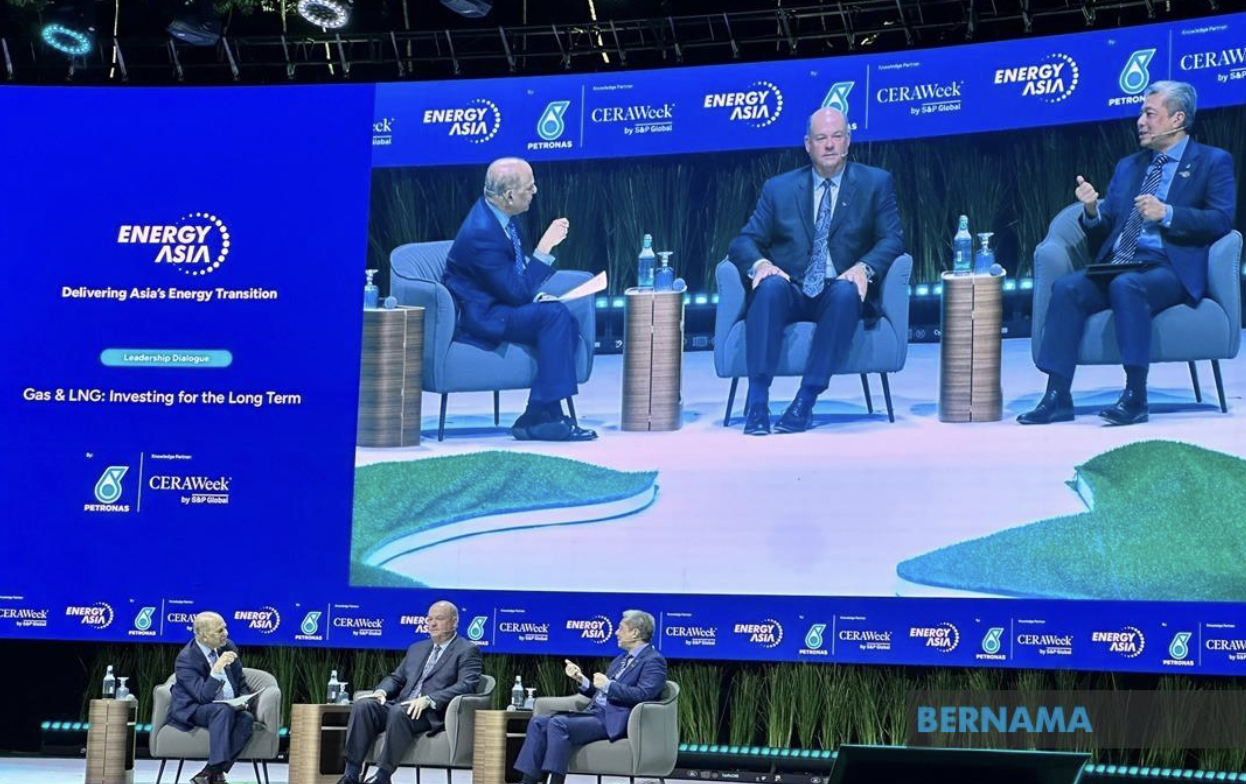








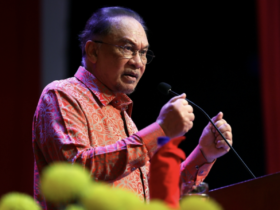
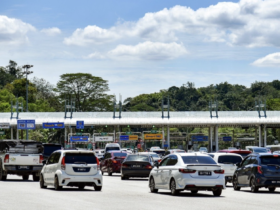

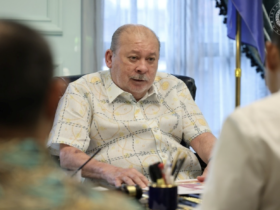
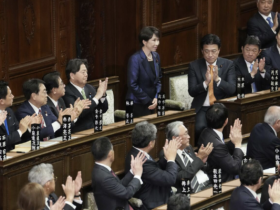



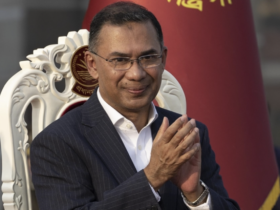


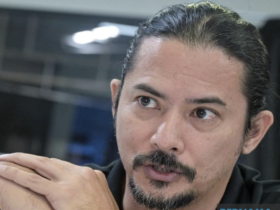
Leave a Reply